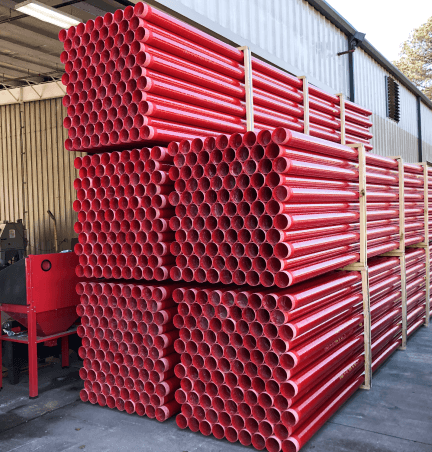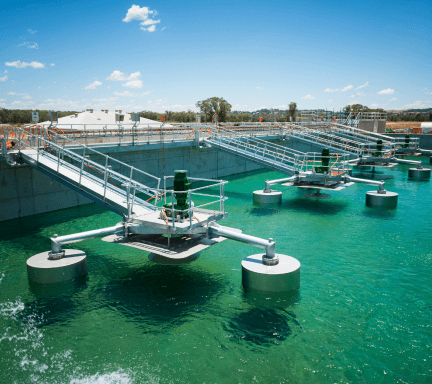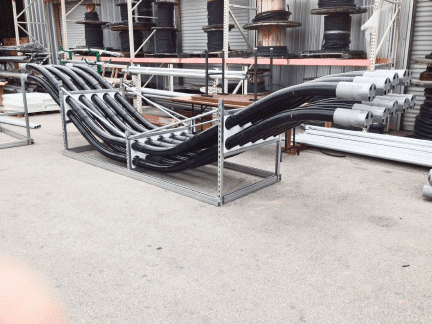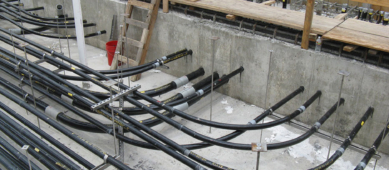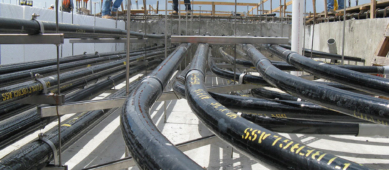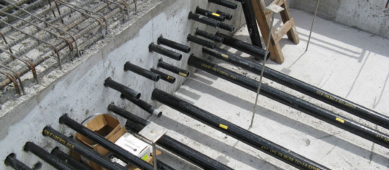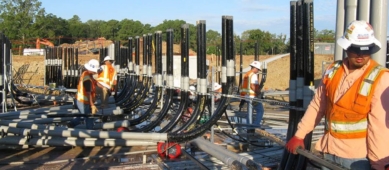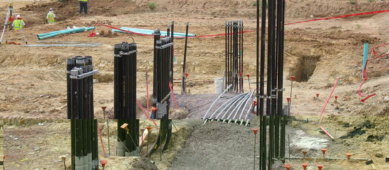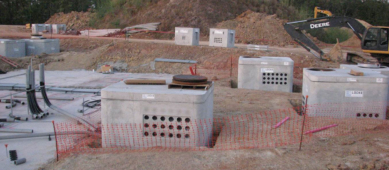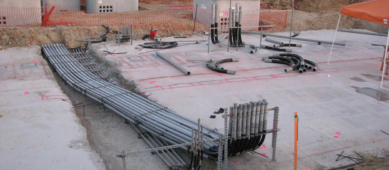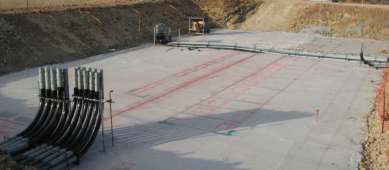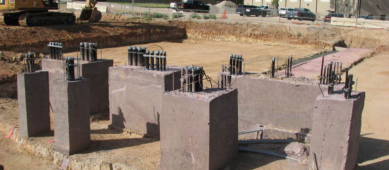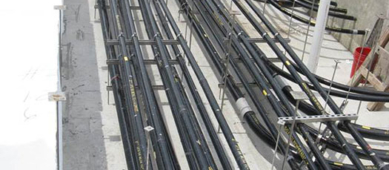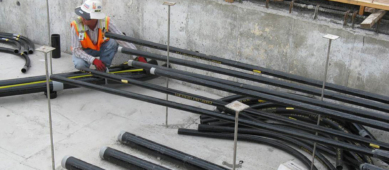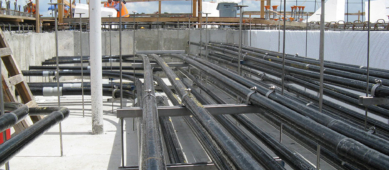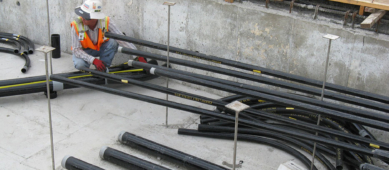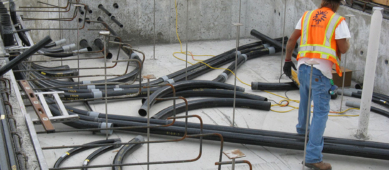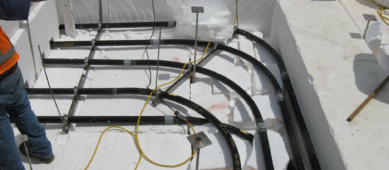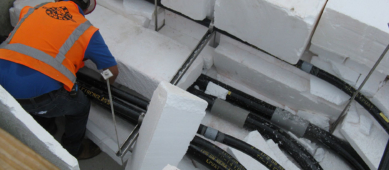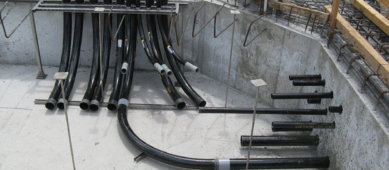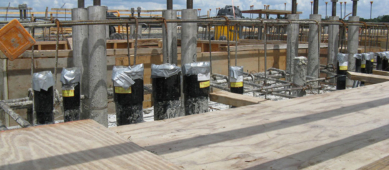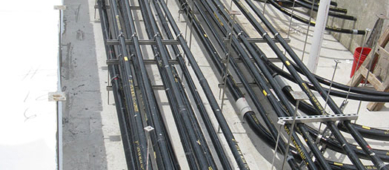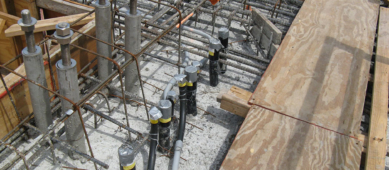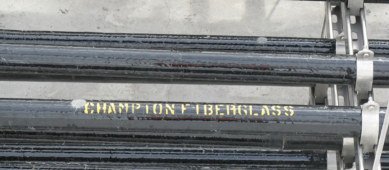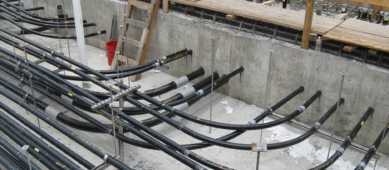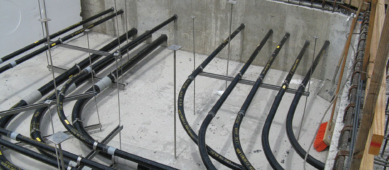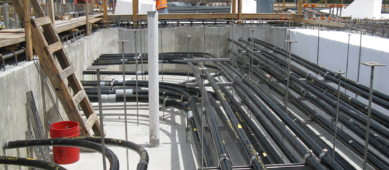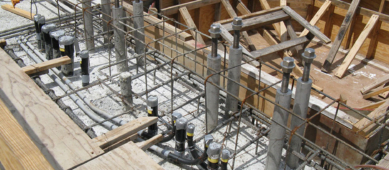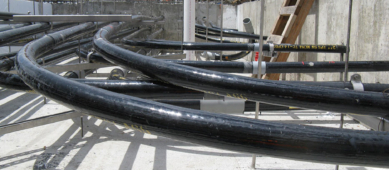The San Jacinto River Authority (SJRA) needed underground electrical conduit that would protect conductors against severe physical damage within a highly corrosive environment. They hired a full- service commercial and industrial electrical and datacom contractor to complete the project. With more than 30 years of experience in installing electrical conduit, this contractor had worked with a variety of electrical conduit manufacturers, providing electrical and network design and installation services to businesses across Texas.
CHALLENGE
The contractor originally considered PVC-coated aluminum rigid conduit for this project. They needed an underground electrical conduit solution that was cost-effective and didn’t pose a risk to the integrity of the conductors. However, due to pricing and availability, the PVC-coated aluminum rigid conduit was not feasible in meeting these requirements.
SOLUTION
Instead of sticking with the original project specifications, the contractor upgraded to Champion Fiberglass Reinforced Thermosetting Resin Conduit (RTRC) based on previous project experience and familiarity with Champion’s track record. When factoring in labor, RTRC costs 71% less than aluminum conduit and provides comparable protection in corrosive atmospheres.
Champion fiberglass conduit was installed at both the SJRA’s Raw Water Intake pumping station and the Chemical Systems Building, in sizes ranging from 1″ through 4″ utilizing both standard- and lob-radius 90° elbows, along with an assortment of other fittings. The corrosion-resistant fiberglass conduit installed quickly and easily. Champion Fiberglass sales and technical support staff assisted with supply and logistical issues — as well as providing subject matter expertise, helping guide the project along to a successful and expedient conclusion.
RESULTS
Champion Fiberglass conduit allowed for an easier installation process, providing labor savings for the contractor involved. Because the contractor’s electrical engineers spent fewer man hours on a less-intensive installation, the SJRA could rely on their electrical infrastructure at lower overall operational costs.








